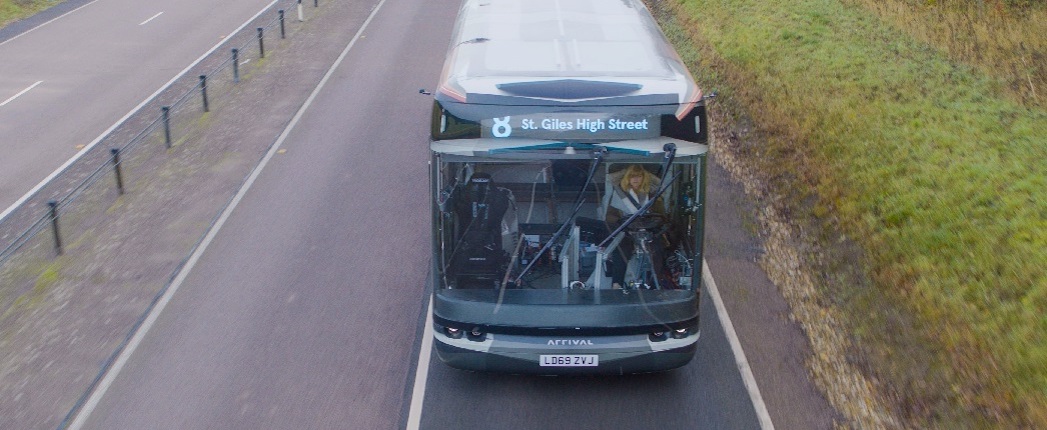
The European Automobile Manufacturers’ Association said the European Union’s new proposal for heavy-duty transport emissions reduction is not fit purpose. Original equipment manufacturers would struggle to comply with targets that are ambitious on paper to avoid heavy penalties, despite “unwavering commitment to decarbonisation and record investment levels in zero-emission vehicles.”
ACEA expressed its concerns after Members of the European Parliament voted on October 24 to adopt proposals to strengthen carbon dioxide reduction targets for medium and heavy-duty trucks and buses. These targets would be a reduction of 45% for 2030-2034, 70% for 2035-2039 and 90% as of 2040.
Heavy-duty vehicles account for more than 25% of the EU’s road transport greenhouse gas emissions. They also account for more than 6% of total EU emissions. ACEA thinks that proposal places the onus to decarbonise too far on its members’ shoulders. Customers are reluctant to buy zero-emissions vehicles because of a “pervasive lack of charging and refilling infrastructure.”
“Decarbonising heavy-duty transport is not a solo endeavour,” said Sigrid de Vries, ACEA director general, in a press release. “We operate within a highly interconnected transport ecosystem. To create an environment where vehicle manufacturers can thrive and meet targets, we need a collaborative effort from all stakeholders, including policymakers.”
de Vries argues that until uptake enablers are in place, such as purchase and tax schemes, compliance is largely dependant on factors outside of OEMs’ direct control. This makes the EU’s carbon targets unachievable.
“The transition towards zero-emission trucks and buses is not only key to meeting our climate targets, but also a crucial driver for cleaner air in our cities. We are providing clarity for one of the major manufacturing industries in Europe and a clear incentive to invest in electrification and hydrogen,” said Rapporteur Bas Eickhout. “We’re building on the Commission’s proposal, but with more ambition. We want to expand the scope of the rules to small and medium-sized lorries and vocational vehicles – sectors which are especially important for urban air quality – and we’re adapting several targets and benchmarks to catch up with reality, as the transition is moving faster than expected.”

Sorry, a technical error occurred and we were unable to log you into your account. We have emailed the problem to our team, and they are looking into the matter. You can reach us at cs@lubesngreases.com.
Click here link to homepage